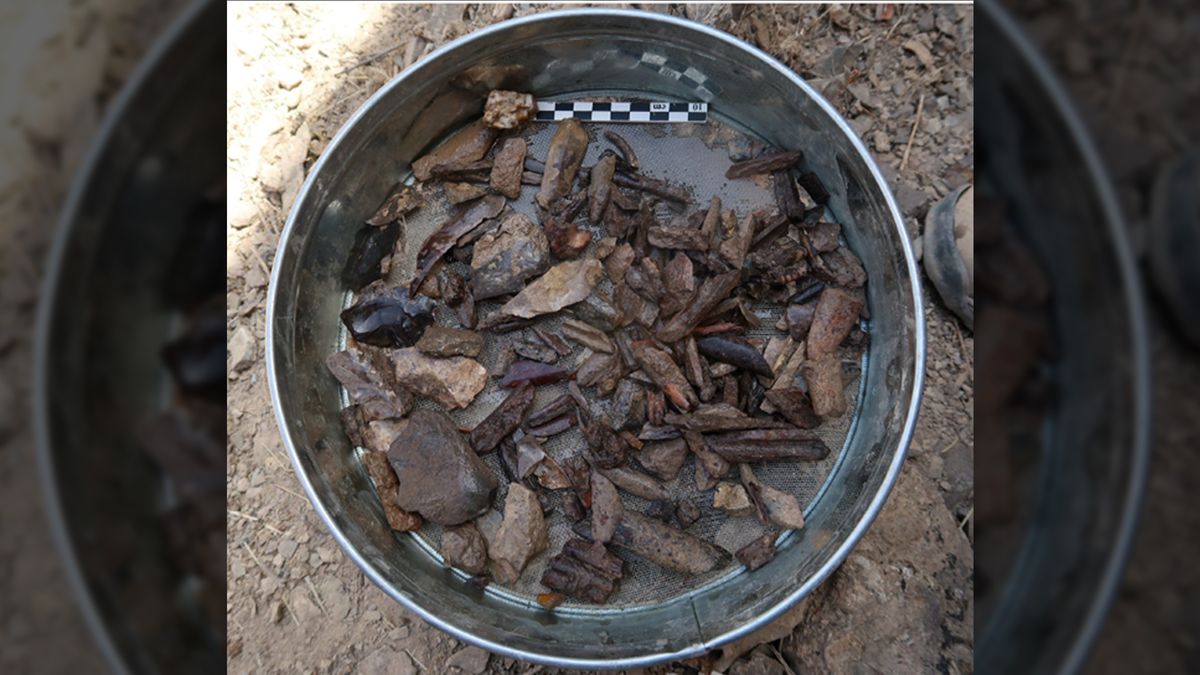Growing up, Devon Parfait felt connected to Earth not through science but through experience. As a member of the Grand Caillou/Dulac Band of Biloxi-Chitimacha-Choctaw (GCDBCC) in southern Louisiana, he spent his childhood next to the bayou, fishing, shrimping, and enjoying the state’s natural beauty and biodiversity.
Along with that beauty came natural hazards: Hurricanes Rita and Katrina threw the housing market into chaos, and by the time Parfait finished high school, his family had lived in four different towns across the state.
Despite his close relationship with the natural world and awareness of its far-reaching effects on coastal communities, Parfait wasn’t aware that studying geosciences could be an interest of his, much less a career.
That changed in 2017, when he traveled to a Geological Society of America conference with Rónadh Cox, a geologist at Williams College. He’d connected with Cox through Williams-Mystic, a semester-long ocean studies program that had worked with the GCDBCC Tribe in the past.
Parfait enrolled at Williams College in 2019 to study geoscience. Working with Cox, he studied land loss in coastal Louisiana.
His research showed that much of the land designated for his GCDBCC ancestors in the 18th century is now open water, geographically scattering tribe members and compounding environmental injustices. Parfait hopes to use the results to petition the Bureau of Indian Affairs for federal acknowledgment of the GCDBCC Tribe, of which he is now chief.
“I realized that this is a career path that I can take, and I’m also directly benefiting my community by doing this,” he said. “Everything kind of clicked.”
“I got so lucky to get to do work that is directly related to coastal restoration in Louisiana.”
After graduating in 2022, Parfait moved to a position at the Environmental Defense Fund, where he is a coastal resilience analyst in a dual role with the Mississippi River Delta Coalition, a network of nonprofits dedicated to restoring Louisiana’s coast. There, Parfait works on several different projects to advance coastal resilience, including determining the best way to backfill old oil and gas canals to halt land loss and restore the natural watershed.
His work fits perfectly with his responsibilities as chief: “I got so lucky to get to do work that is directly related to coastal restoration in Louisiana,” he said.
Though he’s keeping possibilities open for the future, he said one thing is certain: He’ll continue to serve the people of coastal Louisiana. “That’s where I’ll be for the rest of my life,” he declared.
—Grace van Deelen (@GVD__), Staff Writer
This profile is part of a special series in our August 2024 issue on science careers.



















Discussion about this post